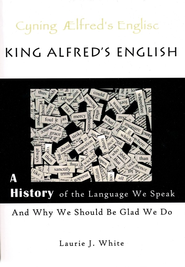Our word choices can have a huge impact on our readers. Or the words can muddle them. Let me give you an example.
If I write that a toddler is a good eater, I suddenly have a communication problem. The word “good” is not specific enough. Does “good” mean that the toddler is neat while eating? Does it mean that the child eats a large quantity of food or perhaps a variety of food without complaining? My readers will not have a clear idea of my meaning.
Your middle school students will learn this in the first writing prompt. I’ve written a very boring paragraph about something that seemed exciting to the student, but the words I selected were flat, overused, and not specific enough.
Teens will have fun with the second writing prompt as they practice using specific words and phrases to get a point across or create a focused mood.
Ready? Let’s go . . .
Read More


















